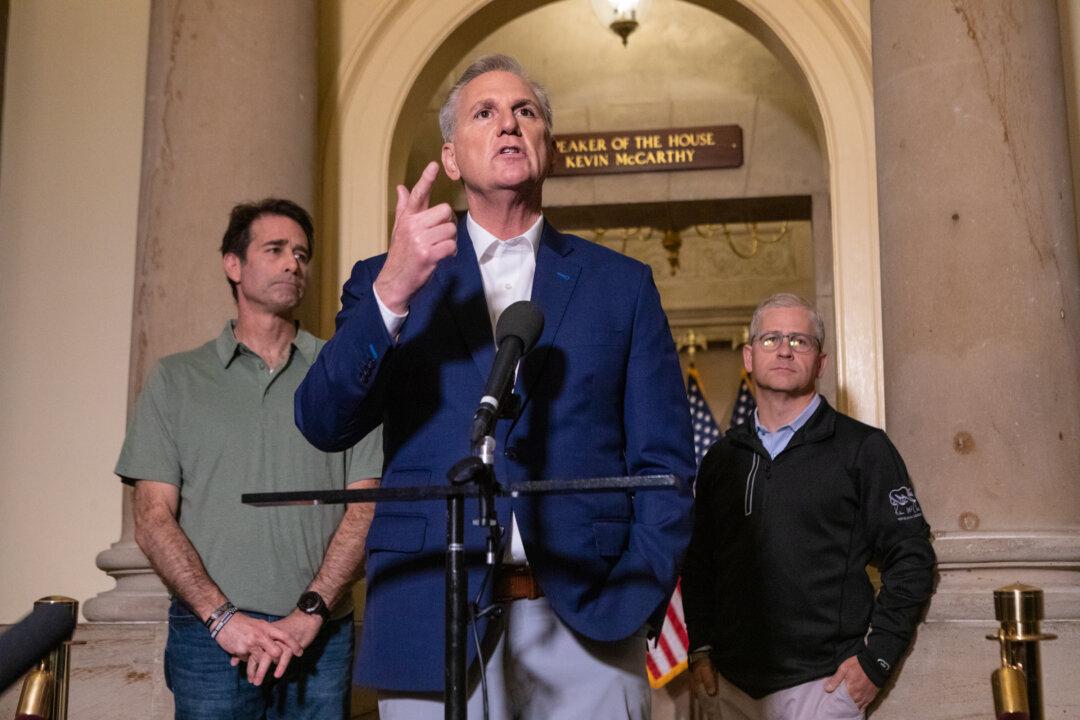Speaker of the House Kevin McCarthy (R-Calif.) said he’s confident he can garner the votes for a tentative debt ceiling deal between Republicans and President Joe Biden.
On the evening of May 27, McCarthy announced during a press conference that he and Biden had reached what he called “an agreement in principle that’s worthy of the American people” to raise the debt ceiling. In addition to raising the debt ceiling, the bill would cap non-defense spending at its previous levels, enhance work requirements for government assistance, and reclaim unspent COVID-19 relief funds, among other measures.





